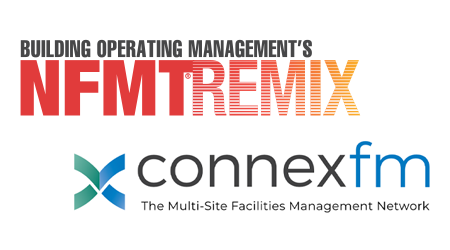
Paper Offers Advice to Biden Administration on Tackling Climate Change
May 10, 2021
Joe Biden has made climate change a priority of his presidency. One of his first acts after inauguration in January was to sign an executive order vowing to tackle the issue.
Following through on Biden’s wishes will take plenty of cooperation between government agencies to help procure contracts and agreements with a number of agencies and entities.
Two individuals versed in federal energy issues, Seth Kirshenberg and Brian Oakley, released a paper, “Roadmap to Implementing Climate and Resilience Goals: Federal Agency Solutions,” that should serve as a guide for federal agencies to successfully implement climate and resilience goals.
“Federal procurement can be a powerful initiative to drive, among other activities, greater adoption of carbon-free energy sources by federal agencies,” wrote the pair, who have co-authored position papers and legislative proposals on government incentives promoting renewable and other carbon-free energy. “As the largest power purchaser in the country, the federal government affects the types and cost of power available for the entire United States and can potentially increase the market for carbon-free electricity.”
To help achieve Biden’s initiatives, the paper outlined such recommendations as:
- Empowering the General Services Administration and the Department of Energy to authorize agreements for up to 40 years;
- Enable current authorities to execute virtual power purchase agreements (PPAs); and
- Enable all federal agencies to authorize PPAs.
The paper also encourages the Biden Administration to empower agencies through the executive order to:
- Clarify legal authorities and the use of federal power marketing agencies;
- Address needs of financial community; and
- Develop appropriate budget scoring.
Federal agencies also can help the process by doing the following:
- Prioritizing carbon-free energy;
- Creating accountability measures for meeting carbon-free energy goals;
- Acknowledging that carbon-free energy may cost more than fossil fuels in the short run;
- Utilizing agency offices that purchase the power and manage the real estate to implement the programs;
- Accelerating current projects;
- Creating teams and developing expertise to implement carbon-free energy projects; and
- Accelerating ESPC/UESC use.
Dave Lubach is managing editor, Facility Group.
Next
Read next on FacilitiesNet












